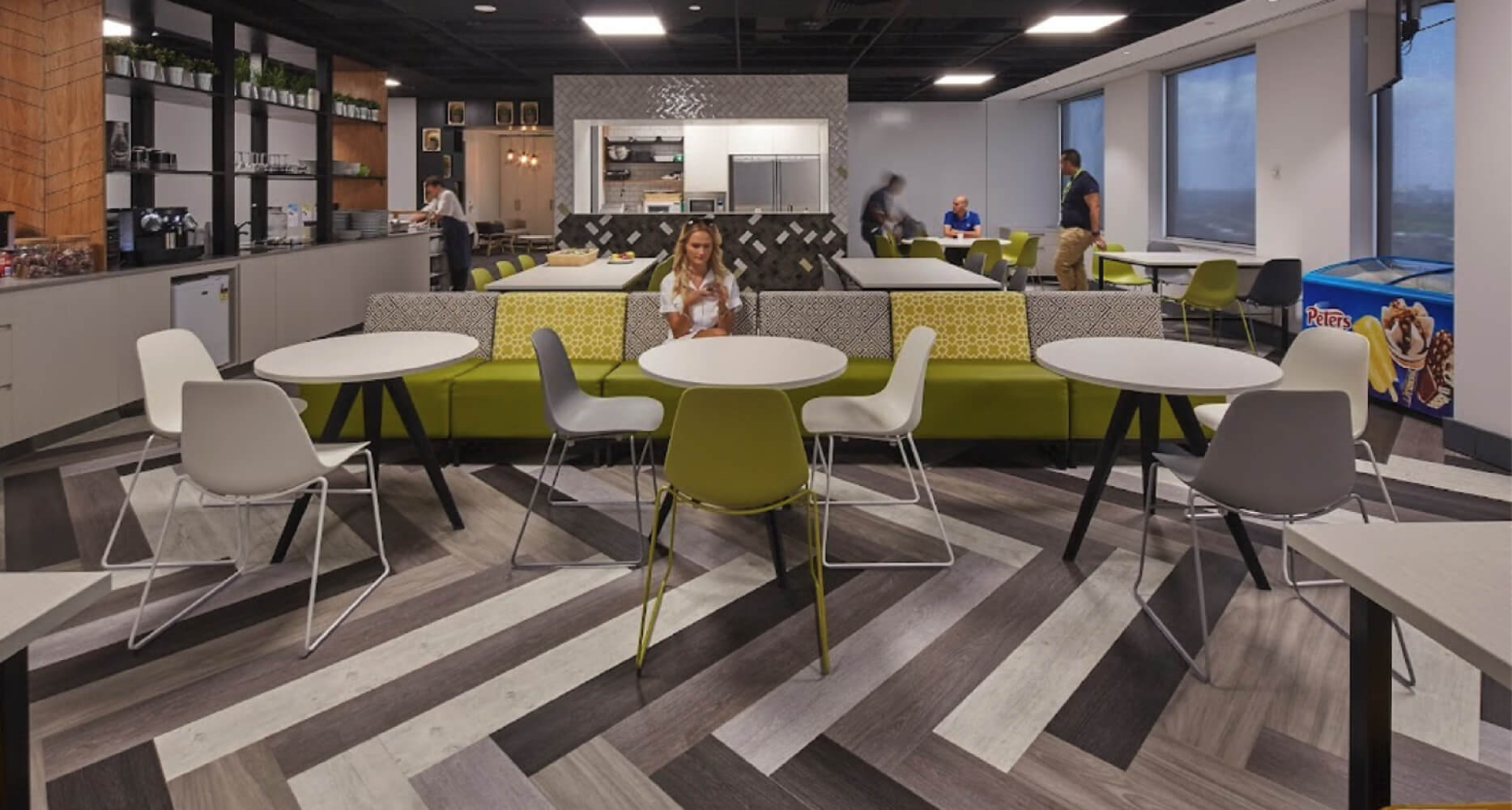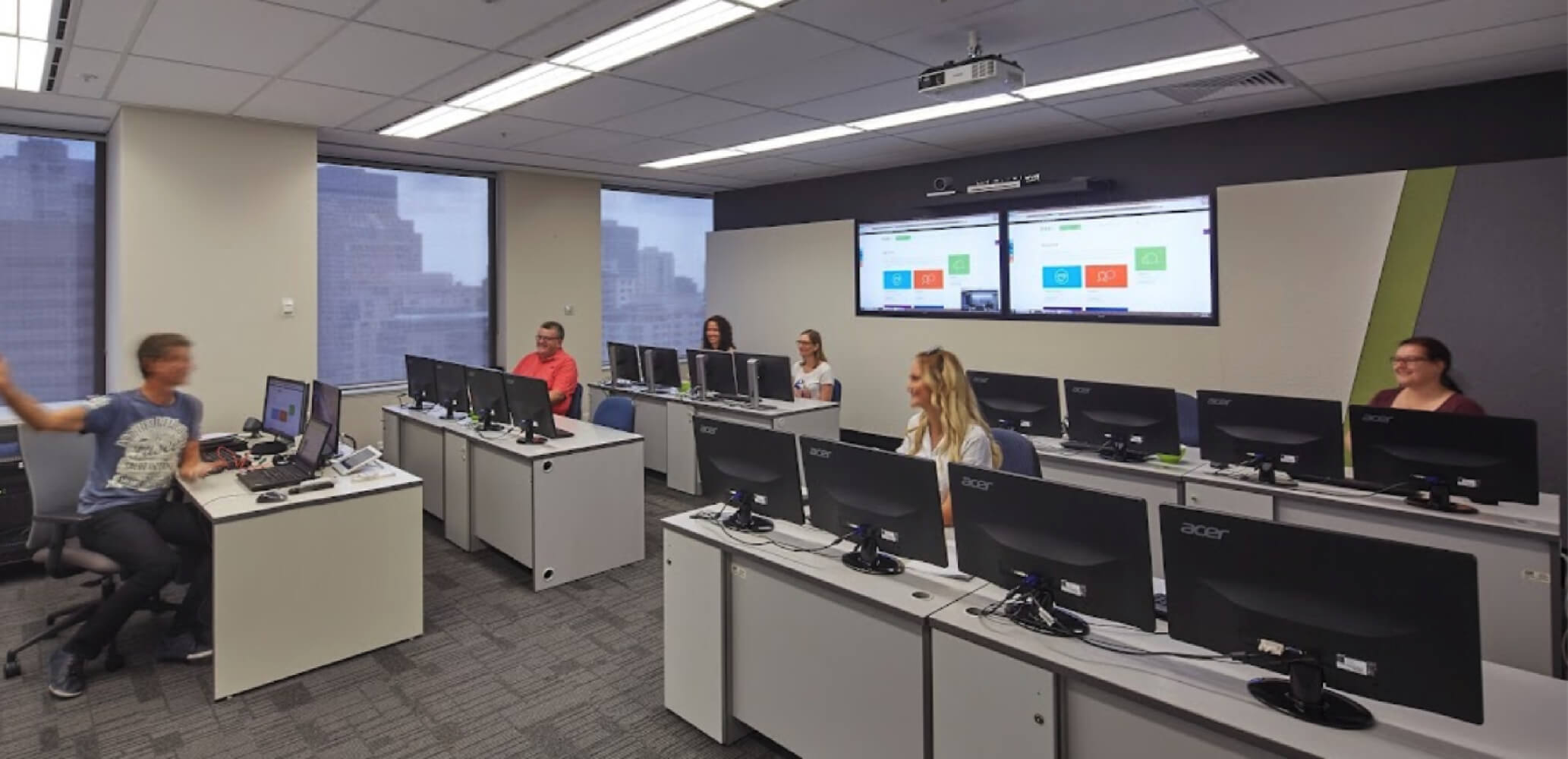Build on your existing R skills and learn to run analyses more efficiently. In this advanced-level course, you’ll explore multiple approaches to problem-solving in R, focusing on creating your own functions, using control structures, loops, and functional programming techniques. You’ll also learn how to streamline your code using tidyverse piping syntax and create advanced visualisations with ggplot2.
This hands-on course includes guided exercises to reinforce each concept and help you build practical, reusable solutions in R.
By the end of this course, participants will be able to:
- Write custom functions and concise, efficient R code
- Use control structures, loops, and loop alternatives
- Apply functionals and tidyverse piping for streamlined workflows
- Create advanced visualisations using ggplot2
- Strengthen overall confidence in building custom solutions in R
Prerequisite:
Completion of R Beginner and Intermediate courses or basic R familiarity is recommended. You should also have a basic understanding of statistics such as mean, median, and standard deviation.



























